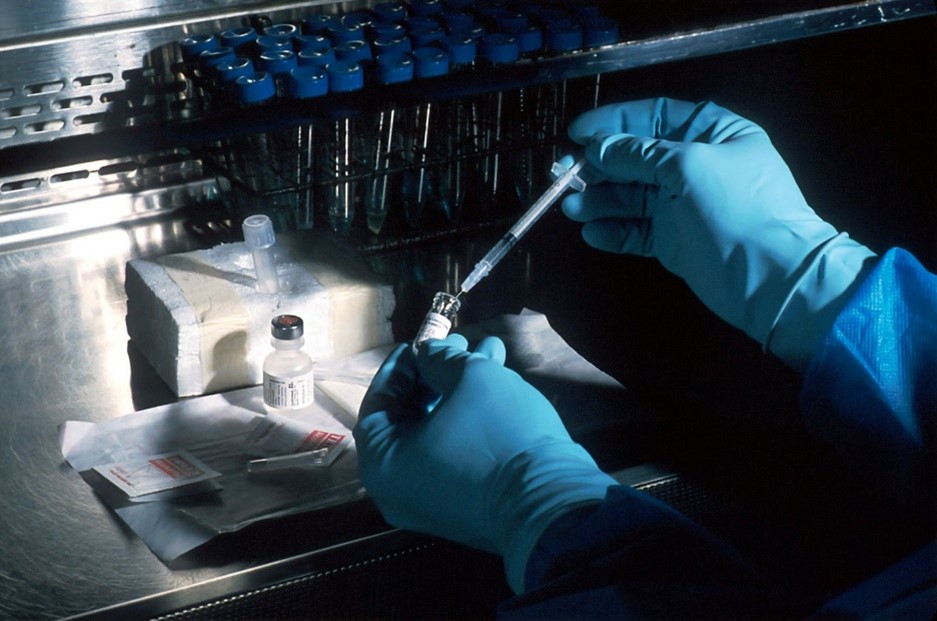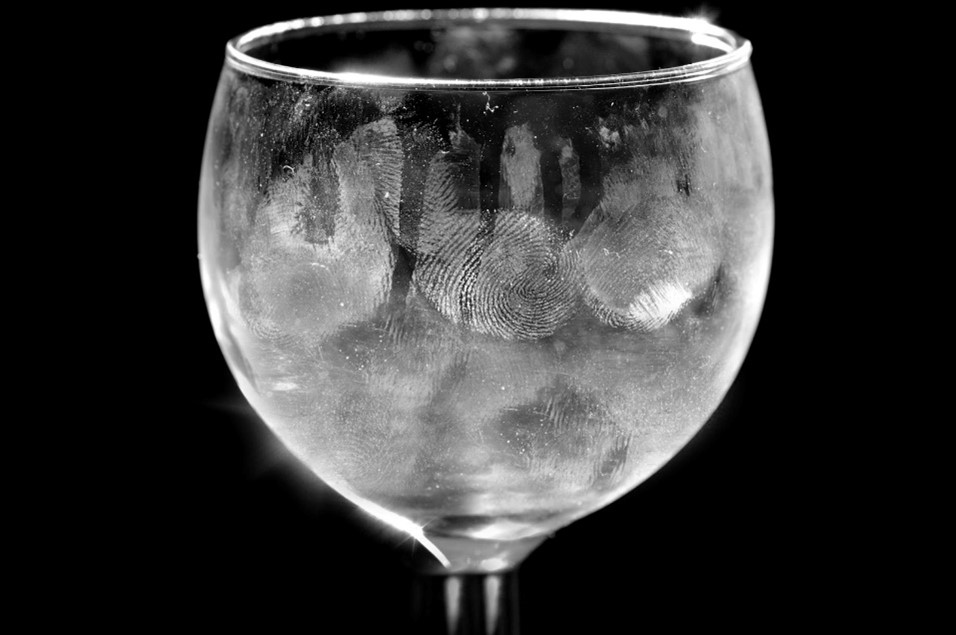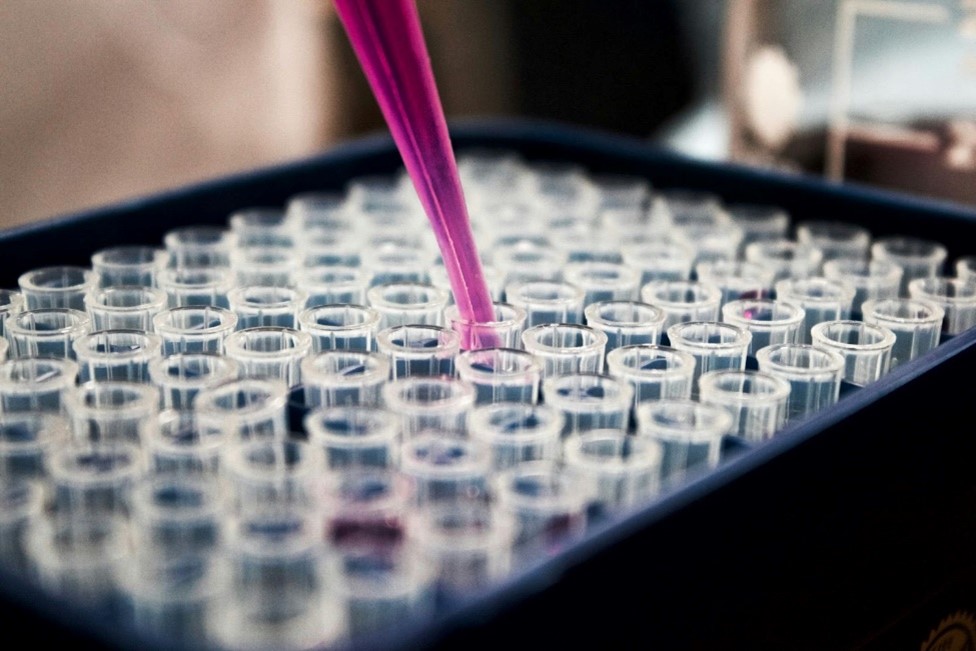What is Forensic Sciences? Meaning, Nature, Scope, Importance & More

November 2023
Forensic science stands as a cornerstone of modern society. Its importance cannot be overstated and extends far beyond crime scene investigations and courtroom dramas. Forensic science is a combination of different sciences, all working together to help legal matters and authorities. As technology keeps getting better, forensic science gets even more powerful, making our world safer and fairer.
But what exactly is forensic science? And how does it differ from traditional science? Moreover, what is its scope and importance for society? In this post, we’re going to answer all these questions. Let’s have a look at the Meaning, History, Scope, and Importance of forensic science.
What is Forensic Science?
Forensic Science is the discipline or branch of science that deals with the application of scientific principles of natural and physical sciences (chemistry, biology) and more to support matters of criminal and civil law and legal decision-making. Also known as criminalistics, it is a major part of the investigation and prosecution of crimes and is also useful to identify whether someone charged with a crime has committed that crime or not.
Forensic Science isn’t completely different from traditional science and their methods and practices remain the same. However, the purpose of forensics differs from traditional science. Any science can be used to solve a crime or evaluate civil harm, but the major difference lies in the fact that in contrast to traditional scientists, forensic scientists use their knowledge and techniques established for legal matters.
But how does science exactly help in legal matters? Consider physical anthropology, for example, which deals with skeletal biology, and can help examine the characteristics of skeletal remains found on a crime scene. Concepts of engineering science can also be used to help in legal matters by reconstructing crime scenes and accidents and identifying their cause. the determination of their cause. Similarly, dentistry can also help solve legal matters or crimes and thus become a part of forensics. Dentistry is applied in forensics to identify a body from its dentition in cases where a body is too damaged to have any usable fingerprints or DNA. In this way and many others, various disciplines of science are used in forensic science.
History & Nature of Forensic Science
Forensic science may look very advanced and modern but it’s surprising to know that it has a rich and varied history that spans millennia. It has evolved alongside human civilization and is still evolving with advancements in science and technology. Its roots can be traced back to ancient cultures and civilizations. For example, fingerprinting and autopsy were known to humans and used for the identification of the body and determining the cause of death in ancient Egypt and China.
However, with advancements in technology in the 18th and 19th centuries, forensic science found a new meaning. Experts and academics started to study and practice forensics due to which it gradually became a formal discipline. One of the most important advancements in forensics in this early period includes the Marsh test developed by James Marsh in 1836 for detecting arsenic poisoning and the proposal of fingerprint identification by Henry Faulds in 1880. The first comprehensive textbook on criminal investigation was published by Hans Gross, an Austrian psychiatrist in 1893 which laid the the foundation for modern forensic practices and was critical to its growth.

Forensic science further prospered and bloomed both as a discipline and a focus of research in the 20th century. This period witnessed a vast expansion of forensic science along with numerous discoveries. Moreover, further technological innovations not directly linked to forensics also proliferated its growth. A breakthrough was in 1984 when British geneticist Alec Jeffreys invented DNA Profiling, which forever revolutionised forensic identification and gave a new meaning to criminal investigations and legal proceedings.
Over the last few decades, forensic science has continued to progress at a remarkable pace. This growth is attributed to recent advancements in science and technology and interdisciplinary collaboration between various disciplines of science. Different fields such as digital forensics, forensic anthropology, and forensic psychology have emerged, which has expanded the scope and capabilities of forensic science in solving crimes, identifying perpetrators, and ensuring justice.
Scope of Forensic Science
With crime rates and accidents growing worldwide, there is a constant need for resources that can help agencies identify the causes and everything about these crimes and also prevent the wrongful conviction of innocents. Moreover, with advancements in science & technology, criminals also take up new ways to evade the authorities, and to solve such cases, the authorities also need the power of science & tech on their side. This calls for an urgent need for resources and methods that can help legal matters and authorities and forensic science is one such great gift.
Importance of Forensic Science
Forensic science holds an important role in modern society. It serves as an important element to help serve justice, find the truth, and protect innocent individuals in legal matters. It is an important discipline across a variety of domains, which are, but not limited to law enforcement, criminal investigations, legal proceedings, and even historical research. Let us look at the importance of forensic science.
Crimes & Investigations
Forensic science helps law enforcement agencies in solving crimes and investigations. It helps them analyse physical evidence collected from crime scenes and identify the bodies from their remains. Moreover, it deals with various techniques such as DNA analysis, fingerprinting, ballistics, and toxicology that can help agencies identify perpetrators, establish the timeline of the crime, reconstruct the accidents and events, and more without which a lot of crimes would be impossible to successfully resolve.
Prevention of Wrongful Convictions
Forensics not only helps the agencies prosecute the wrongful but also helps them prevent wrongful convictions. Forensic scientists can study the evidence and provide accurate and reliable information which, a lot of times, helps prevent wrongful convictions. The most popular of these techniques is DNA testing which has been instrumental in overturning wrongful convictions ever since its inception.
Identification of Victims
In horrifying accidents and cases of mass disasters, or natural calamities, in which the bodies of the victims barely survive, forensic science can help identify the victims through methods such as dentistry, DNA profiling, and fingerprint analysis. The identification of victims would otherwise be impossible in accidents and disasters like this. Thus, forensics helps in the repatriation of remains to families, provides closure for loved ones, and helps solve cases.
Historical and Archaeological Investigations
Historical and archaeological investigations also benefit from forensic techniques. It is used to analyse artefacts, and skeletal remains from hundreds of years ago, and even study ancient DNA which can help us get deep insights into our past and events of historical significance. It also helps archaeologists to study ancient civilizations, solve historical mysteries, and unearth clues about past events.

Advancement of Science and Technology
Forensic science drives advancements in scientific research and technological innovation. It continually evolves to incorporate cutting-edge techniques, instrumentation, and methodologies, contributing to interdisciplinary collaborations and the broader scientific community.
FAQs
- Is Forensic Sciences a good career choice?
With high demand and less availability of trained professionals, a career in forensic sciences is undoubtedly a rewarding and fulfilling choice. It can help you kickstart your career as a forensic scientist at various government and private institutions.
- Are there any forensic science colleges in India?
Yes, there are various government and private colleges in India offering forensic science courses. Some leading institutes are Lok Nayak Jayaprakash Narayan National Institute of Criminology and Forensic Science, Institute of Forensic Science, O.P Jindal Global University, OU – Osmania University, and Gujarat Forensic Sciences University.
